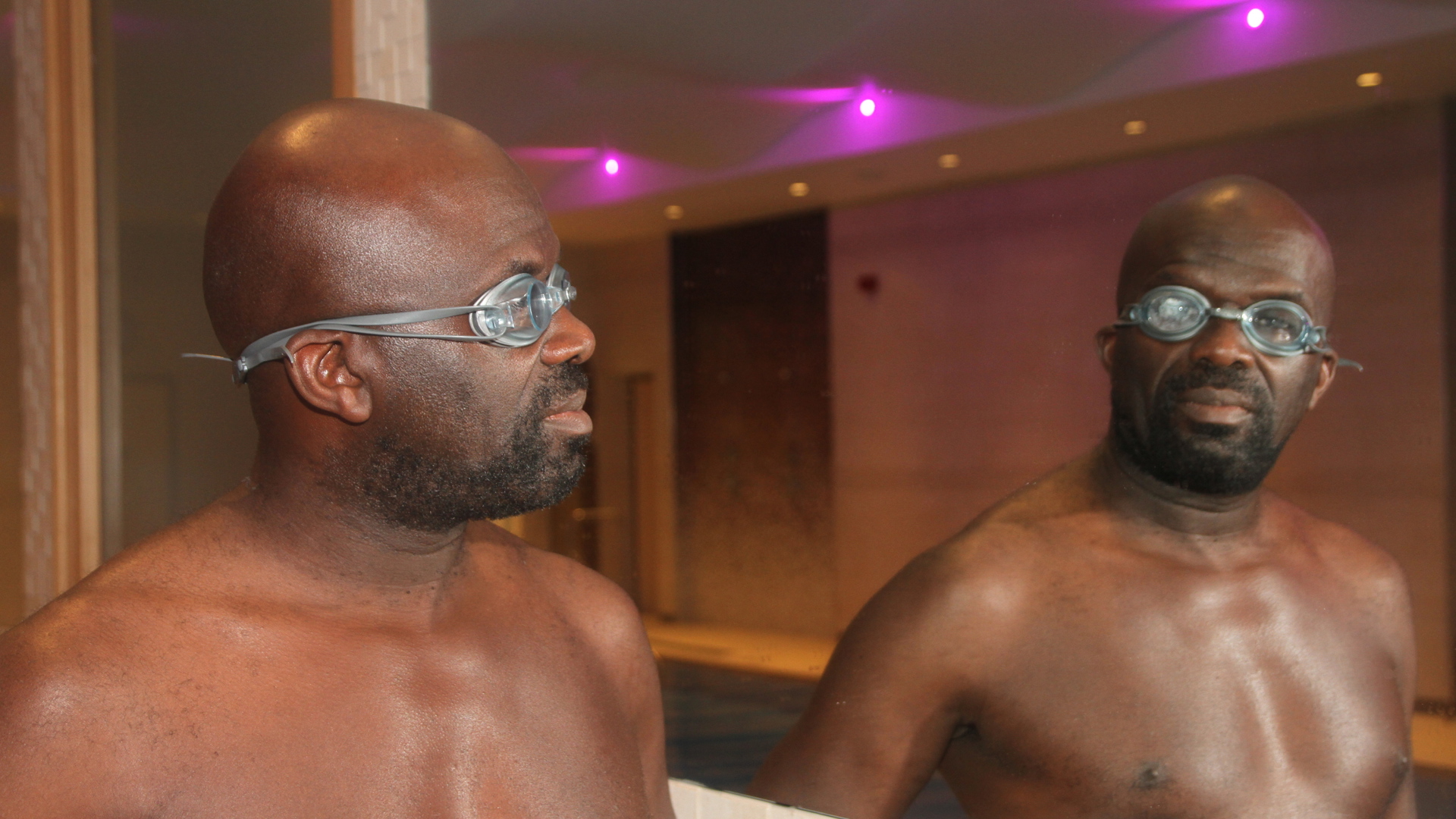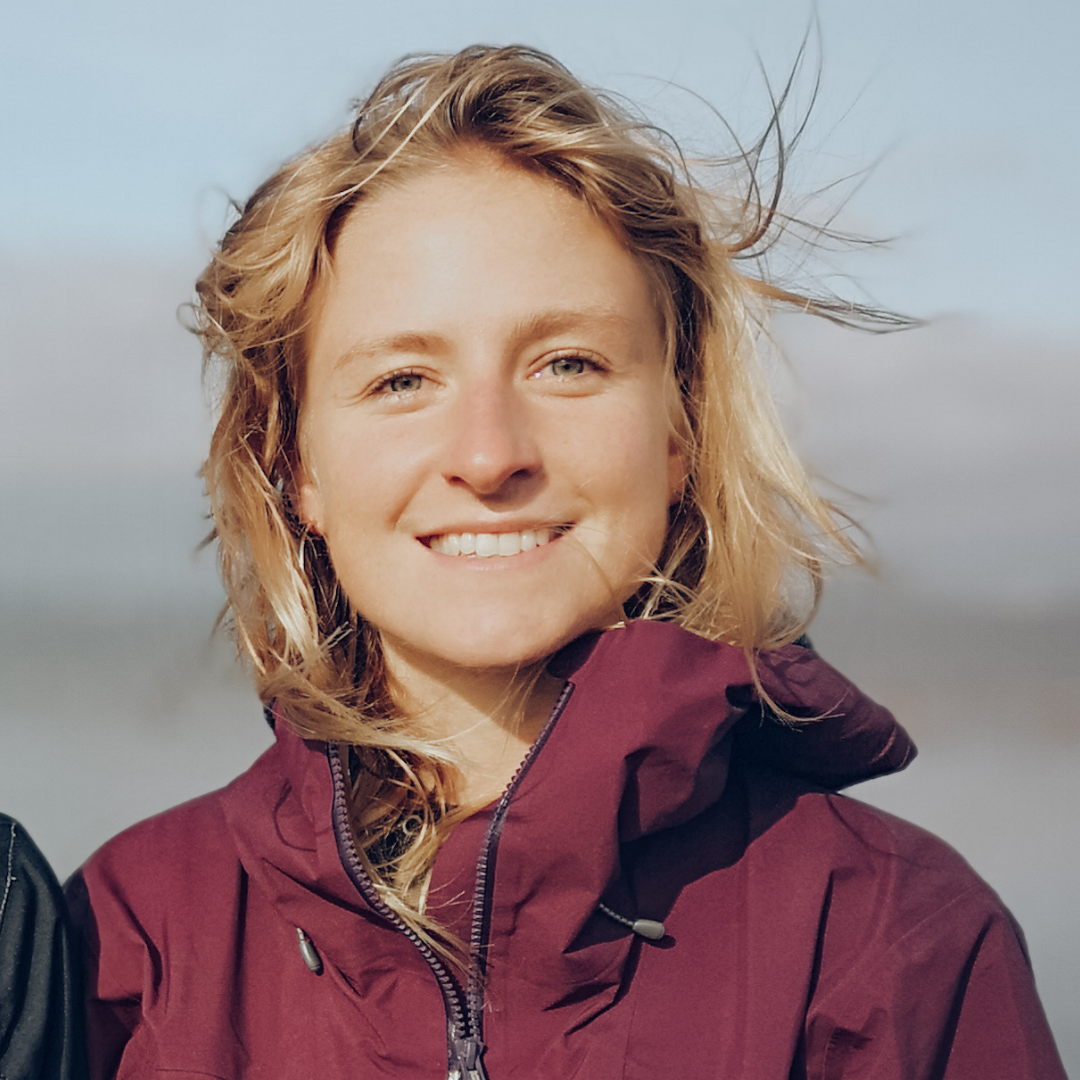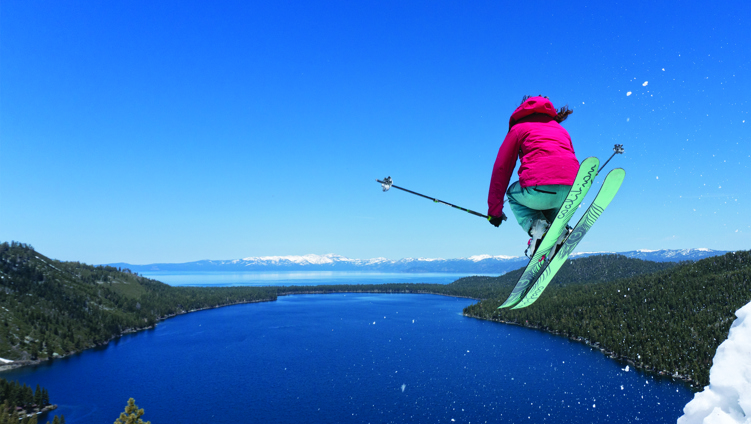
It started with a song. Which makes sense; Ed Accura is a hip hop artist. Back in 2018 on holiday in Barbados, Ed was forced to join friends on a day boat trip (as a life-long non-swimmer he usually avoided these activities but his laptop broke in the hotel room so he had no excuse).
"You look good in that lifejacket," his friend joked. "Take a photo for your next album cover." Ed released the song, A Film Called Blacks Can’t Swim, a few weeks later, a riff on the film White Men Can’t Jump.
"I’d always made a joke of not being able to swim and hidden behind the stereotype, it was just easier," says Ed. "But the song kick-started a personal journey for me. I started asking questions. I realised there were untold stories." The song led to a film, A Film Called Blacks Can’t Swim: a fictional narrative written and produced by Ed himself (directed by Mysterex), interwoven with interviews with friends and family about their fears of swimming. "I realised everyone has a story when it comes to swimming," he says, "and I’m just trying to tell those stories."
'I realised everyone has a story when it comes to swimming and I'm just trying to tell those stories.'
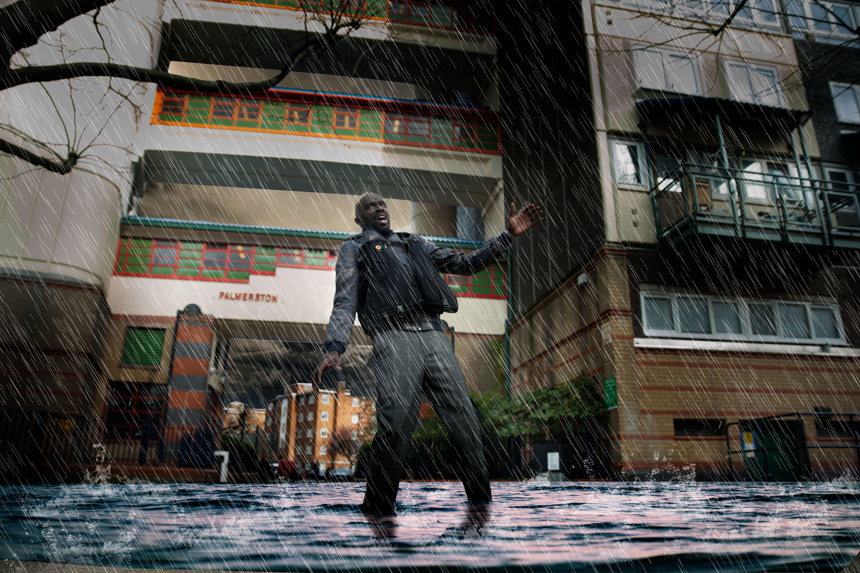
Ed grew up in Tottenham, North London, after his family moved to the UK from Ghana when he was eight. Despite friends owning pools he never learned to swim. "My mum’s approach to water safety was to stay away from it," he explains. "Eventually, I started to believe the stereotype that blacks don’t swim." Ed’s film highlights other hurdles through his interviews with friends. "I had a shoulder issue when I was younger." "It’s too expensive." "It’s difficult with my hair." "My skin goes all white afterwards." "My parents didn’t take me." "We had to focus on our studies." "Public pools are awful." "Our bone density is higher."
These personal stories bring the facts to life.
Black and ethnic minority groups are underrepresented when it comes to swimming. Sport England figures show 95% of black adults and 85% of black children in England don’t swim. Put differently, 87% of people who go swimming are white British; less than 2% are black.
Underrepresentation persists at the elite level. Of the 73,000 competitive swimmers registered with Swim England in 2019, less than 1% identified as black or mixed race. And it’s not just an issue for leisure and recreational swimming. BAME people are subject to greater risk of drowning, translating into underrepresentation of these groups in other water-based activities.
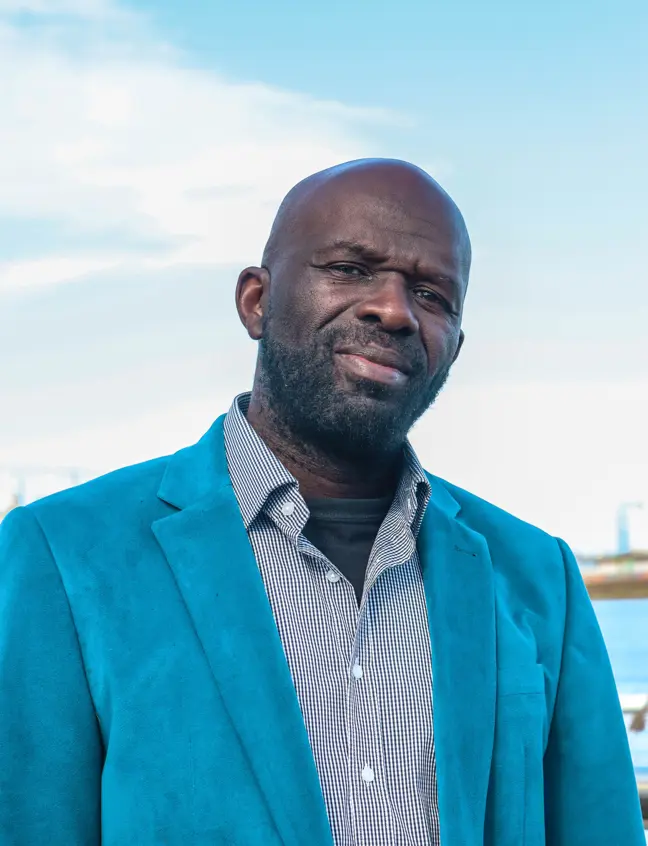
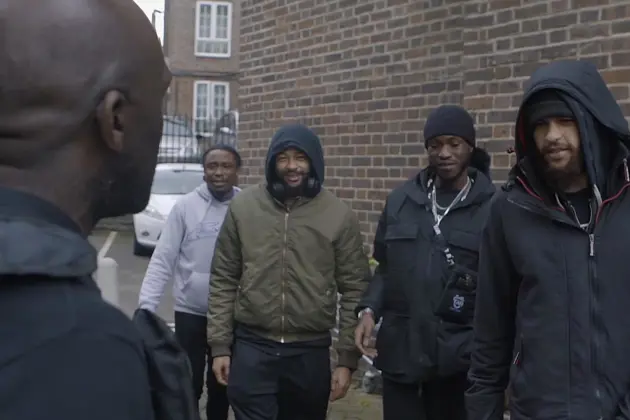
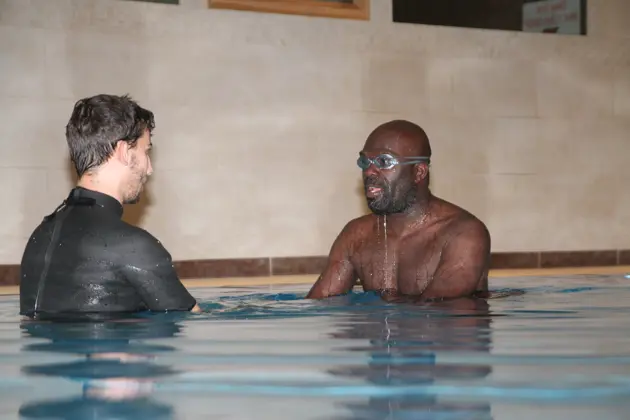
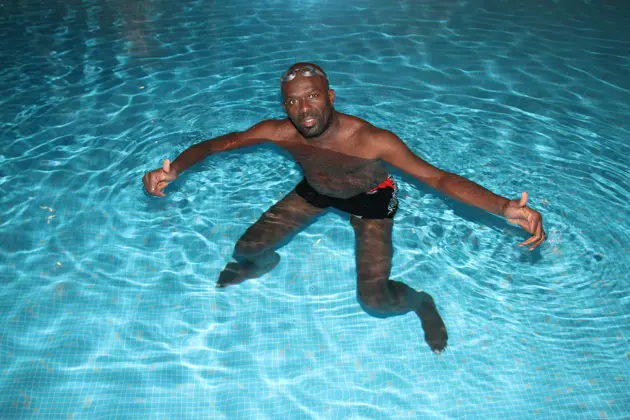
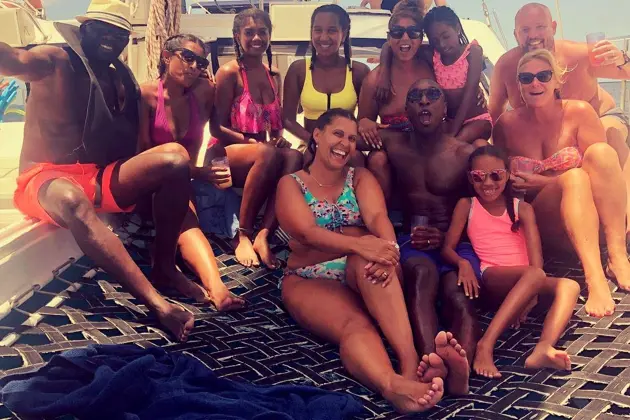
Ed Accura, hip hop artist-cum-filmmaker.
What’s to blame for the lack of diversity in swimming?
Absence of social and physical opportunity, reduced access to pools and lessons, affordability, few black role models, prioritisation of other activities, as well as generational path dependency and lack of motivation are just some of the factors. Note: It is a myth that black people are physically less able to swim due to higher bone density. The challenges are social and cultural. Not physical.
But whilst the research and evidence are there, no one talks about it.
'It is a myth that black people are physically less able to swim due to higher bone density. The challenges are social and cultural. Not physical.'
That’s what A Film Called Blacks Can’t Swim does so well. It starts the (often difficult) conversation about the underrepresentation of BAME groups in swimming. Ed has dragged the issue centre stage. What makes the film so effective is the focus on personal storytelling. Members of the black community open up and share their experiences. This is the critical first step allowing others to listen, relate and learn, putting in place a roadmap to widen participation in and access to swimming is next. It’s a tall order, but Ed’s started the ball rolling.
Already his film has had an impact. Where (predominantly white) swimming organisations previously shied away from the conversation, now they have a starting point. Within months of releasing the film, Ed was offered free swimming lessons from Swimming Nature as a result of him asking the question "is it a cultural or physical thing?" (the final scene in A Film Called Blacks Can’t Swim is real footage of Ed entering a pool for the first time). Since then he’s launched a podcast, In The Deep End, where he interviews people from the black community about their stories and personal swimming experiences.
In March 2020 - alongside Danielle Obe, founder of swim scarf company My Nemes, Team GB swimmer Alice Dearing and journalist Seren Jones - Ed co-founded the Black Swimming Association, which aims to increase BAME participation in swimming by tailoring existing programmes to these specific communities. Already the BSA has formed partnerships with Swim England, Sports England and the Royal Life Savers’ Association. "It’s not just for blacks," says Ed. "Many of our partner organisations are white, which makes sense ... if there were lots of black swimming organisations, there wouldn’t be a need for us!"
What can you do?
Watch A Film Called Black’s Can’t Swim. Share the film (all profits go to the Black Swimming Association). Start the conversation.
Sign up to support, partner and volunteer with the Black Swimming Association.
